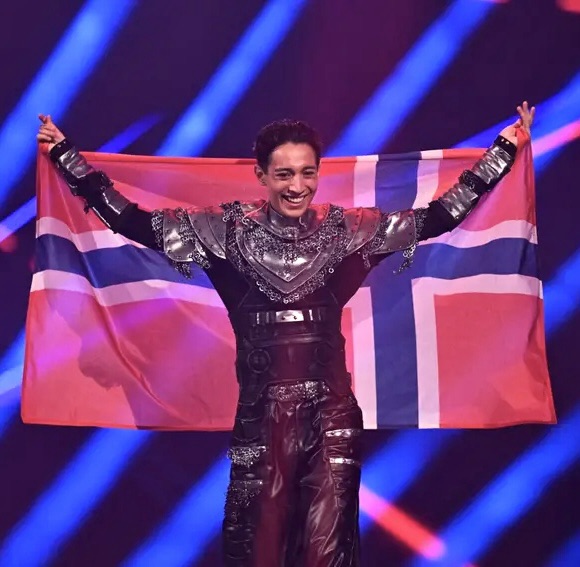Major Concerns Over Manipulated Voting After This Year’s Contest in Basel
During Tuesday’s meeting of the Broadcasting Council, NRK’s head of delegation, Mads Tørklep, made it clear that the current Eurovision voting rules need to be revised.
The main concerns stemmed from discrepancies between the public vote and jury vote in Israel’s case, as well as the large-scale government-backed campaign from Israel leading up to this year’s final. These issues were the basis for most of the 97 submissions received by the Broadcasting Council regarding the matter.
“We have raised our concerns with the EBU (European Broadcasting Union) and requested a revision of the rules—and as I understand it, that is what is now going to happen,” said Tørklep.
He added that from EBU’s point of view, it is not a violation of the rules for state authorities—such as in Israel’s case—to support their national contestants.
This year, as in the previous one, Israel launched extensive campaigns to promote its contestant on YouTube, social media, and even on Times Square in New York.
“We at NRK believe this is unfortunate and think it is important to have a rule framework that keeps the competition apolitical,” said Tørklep.
“We will continue to follow up on this in future meetings and push the issue,” he added.
Currently, it is allowed to vote 20 times per credit card and 20 times per phone, something NRK also wants the EBU to reassess.
Tørklep presented examples showing that Israel received 80 votes from individuals who had not watched the program.
“We see that this opens the door for coordinated and strategic voting,” said NRK’s head of delegation, who also mentioned that he had requested access to the Norwegian voting data from this year’s Eurovision.
However, the EBU denied him access, explaining that the public release of the voting data could allow someone to analyze and potentially discover ways to manipulate the system.
The issue of voting will be discussed this summer within EBU’s steering group—which Norway is not part of—while all participating countries are set to meet at a larger summit in Croatia this autumn.

